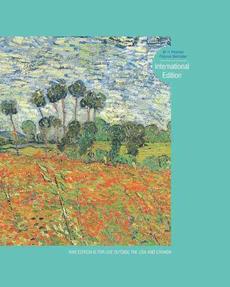
Genotypes from open- and closed-canopy habitats differed in shade avoidance traits in several population pairs, whereas patterns of AFLP differentiation suggest this differentiation does not have a single origin. Morphological differentiation between habitats (QHT) in elongation traits was greater than marker divergence (FHT), suggesting adaptive differentiation. We tested whether open- and closed-canopy forms of Impatiens capensis, an herbaceous annual plant of eastern North America, have evolved repeatedly by comparing hierarchical measures of FST estimated from AFLPs to morphological differentiation measured by QST for five pairs of populations found in open and closed habitats in five New England regions.


Adaptation to different habitat types across a patchy landscape may either arise independently in each patch or occur due to repeated colonization of each patch by the same specialized genotype.


 0 kommentar(er)
0 kommentar(er)
